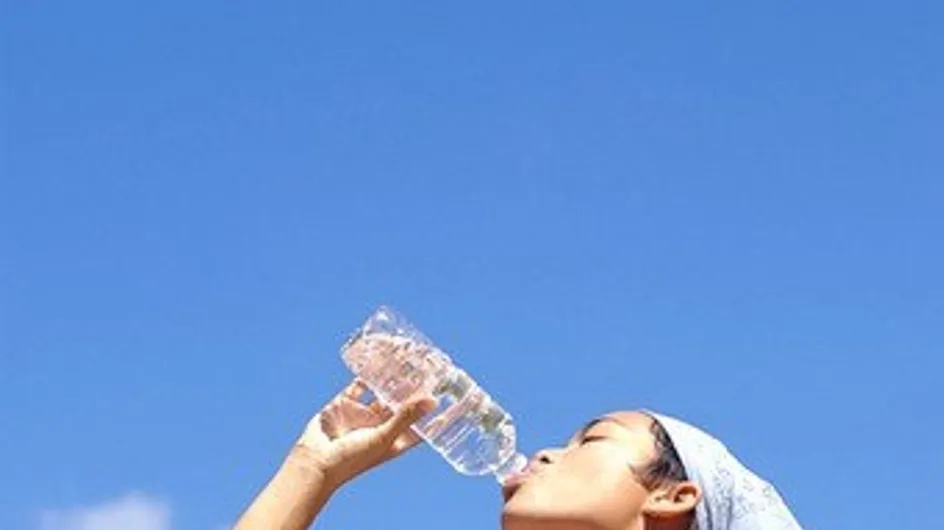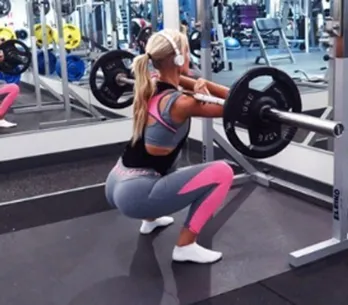If you exercise lots, you have different energy and nutritional needs than someone who is sedentary. Your needs will vary according to the frequence and intensity of the exercise you do. Here’s a guide to sports nutrition.
Adapt your energy intake
If you don't do more than 3 or 4 hours of exercise a week, you don't need to increase your daily calorie intake (1800 for women and 2100 for men). If you do more, or you do high-intensity exercise, you may need to adjust your diet. Someone who exercises a lot may need closer to 2000 calories (women) and 2700 calories (men), while someone who does daily high-intensity exercise may need 2400-2800 calories (women) and from 3000 to 3500 calories (men).
Balanced proportions
- Carbohydrates should account for at least 55% of your calorie intake. The contraction of your muscles and heart, control of movements by the brain and heat production that physical activity creates needs immediately available fuel, i.e. sugar from food, present in the body in the form of glucose and glycogen.
- Fat should account for 20 to 30% of total intake. Fatty acids are a source of energy during moderate to long intense exercise, but you shouldn't get too much of them.
- Protein:15% of minimum intake. To repair and develop muscles, sporty types need protein, and people who do very intense exercise need more.
Vitamins and minerals
Vitamins, notably C, E, pro A and B, contribute to the protection of muscle cells during exercise and their repair during recovery. You need to make sure that you consume enough, particularly from fresh fruit and vegetables, meat, fish, eggs and whole cereals.
Mineral salts are also essential as the body loses these through sweat. Make sure that you get enough iron, which is essential for the transportation of oxygen to the cells and organs (found in red meat, shellfish and dried fruit); magnesium, which is essential for muscular contraction and for the functioning of the nervous system (found in dried fruit, mineral water, whole cereals and chocolate); calcium, which is essential for bone solidity (dairy products, fruit and vegetables); and sodium, which is essential for hydration in the body (salt).
Water
When you exercise, your body temperature increases. To cope with overheating, which can be quite strong depending on the intensity of the exercise, the temperature and the level of humidity in the air, the body releases sweat to evacuate the heat, using water in the body in the process. This is why you need to pay careful attention to your fluid intake so you don't get dehydrated. If this happens your performance will drop and you'll be at greater risk of injury, especially tendonitis.
Practical advice
Athletes need to eat lots of carbohydrates with a low or medium glycaemic index (pasta, rice, potatoes, bread and cereals), especially before and after exercise to replenish their glycogen reserves.
Before and during exercise, prevent fatigue and improve your performance by consuming fast-absorbing sugars such as dried fruit, cereal bars and energy drinks. Although they make up a large part of your diet and are essential for building muscle, don't get too much protein or it could put the health of your liver and kidneys in danger and stop them from working properly.
Before, during and after exercise, it’s essential to drink a lot of water to compensate for loss through sweat. Adjust your intake to the intensity and duration of your workout, as well as the conditions.













